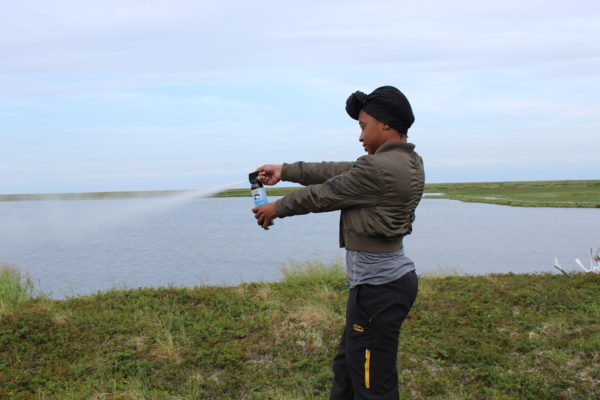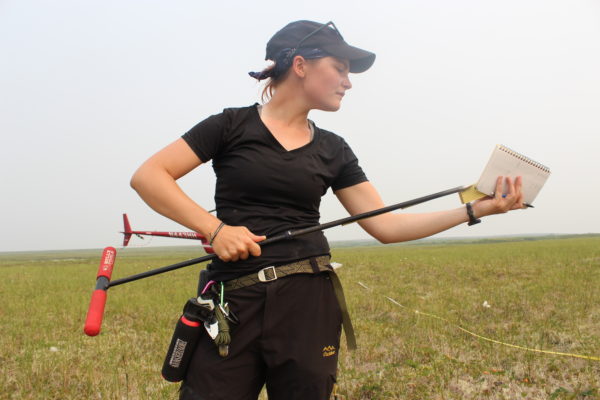Last weekend in Falmouth, Massachusetts we were all given the opportunity to get together for some safety training, some team building, and time to get to know one another face-to-face at the first annual Polaris Project Retreat. It was a great way to continue our work together and to get us ready for a great field season in Eastern Siberia.
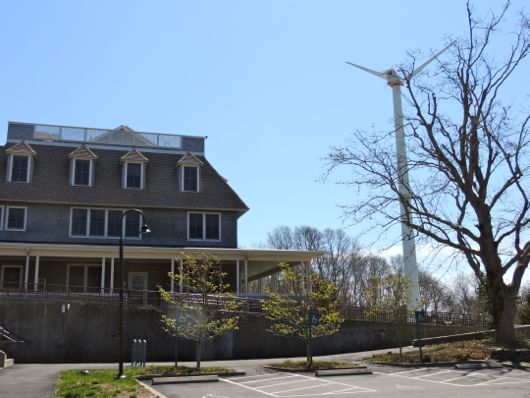
Woods Hole Research Center
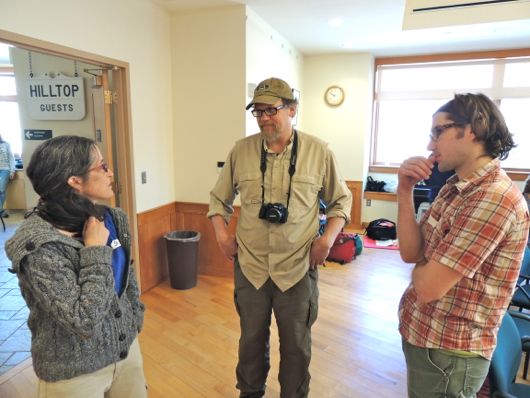
Polaris Faculty Sue Natali, John Schade, Mike Loranty
The gathering was hosted by the Woods Hole Research Center in their very nice and “green” facility complete with solar panels and a single wind generator that supplies almost seventy percent of the total power needs. Team members came from all over the U.S. including Puerto Rico and a variety of research and educational institutions. All but one of the Core students (missed you Sal) had a chance to learn from the returning students as well as from Sue Natali, John Schade, and Mike Loranty our Core faculty members. Many questions were asked and answered and I know we all left with a better idea of what to expect during our trip. It was great to see all of the sharing going on and getting to know each other.
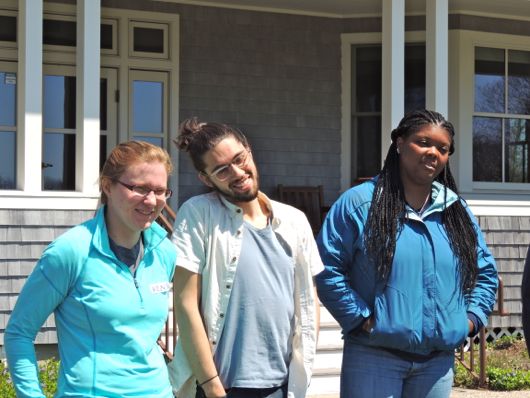
First year students getting ready to jump in…
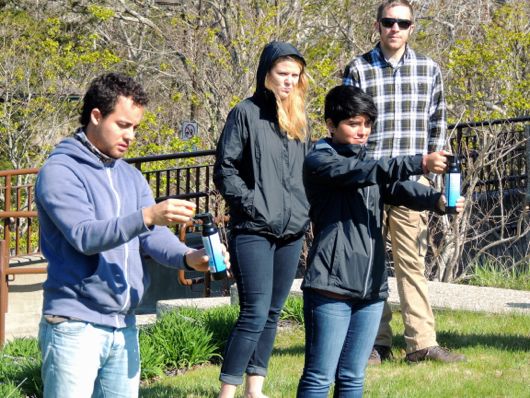
and learning to use bear spray
We began Saturday with the first of a one and a half day training covering Arctic Safety. Two very experienced instructors, Kate Koons and Kevin Emery, conducted the course, funded by the National Science Foundation. We all learned a lot about being prepared for the unexpected, treating injuries, and looking out for each other in the field. The activities really helped to drive the points home and had everyone thinking together. Even putting up tents was a new experience for some of us!
We also had a wonderful Bar-B-Q for everyone at a local park where we ate way too much, played Frisbee and Volleyball until it was dark, and really had fun after a long day of class. Later in the evening we all traveled downtown to attend an art exhibit on Penguins to Polar Bears: Impacts of Climate Change, and then on to a supporting symposium where we listened to Chris Linder and others discuss the state of our current understanding on the subject.
The following day we finished up the safety course after learning about bears and how to deal with any possible encounter. We then all traveled to the Great Sippiwissitt Marsh where we walked on the seashore and marsh areas making observations, getting our hands dirty, and asking questions about anything from shrimp to anaerobic metabolism. A beautiful place to get everyone thinking about ecology! Our parting dinner that evening was full of conversation and laughter and the kind of sharing that goes on between new friends.
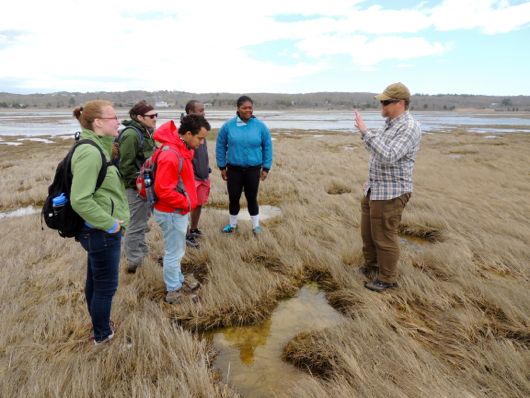
Asking questions on the marsh
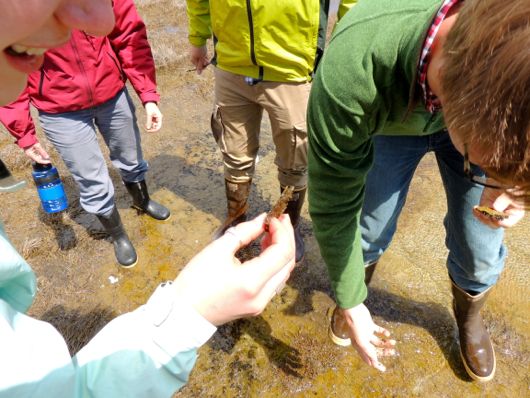
Looking deeper
It was an enriching experience for me to meet everyone and begin to understand what our team will encounter along this journey. We have a great group of young minds full of energy and wonder. I can’t wait to see what they will discover about science and themselves on the tundra. As a middle school teacher who is very interested in science education and polar regions I am looking forward to helping the students develop an outreach plan that will prepare them for sharing what they learn with local schools and the public in general.
Thank you all!
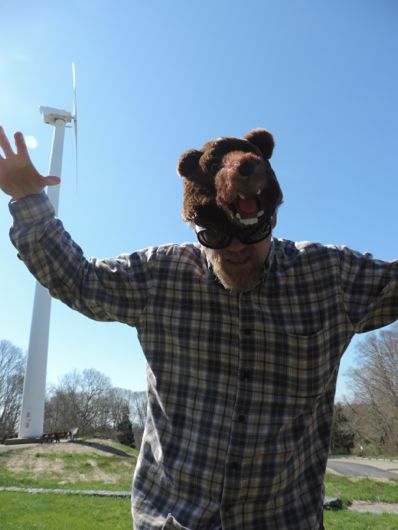
Grizzly man


